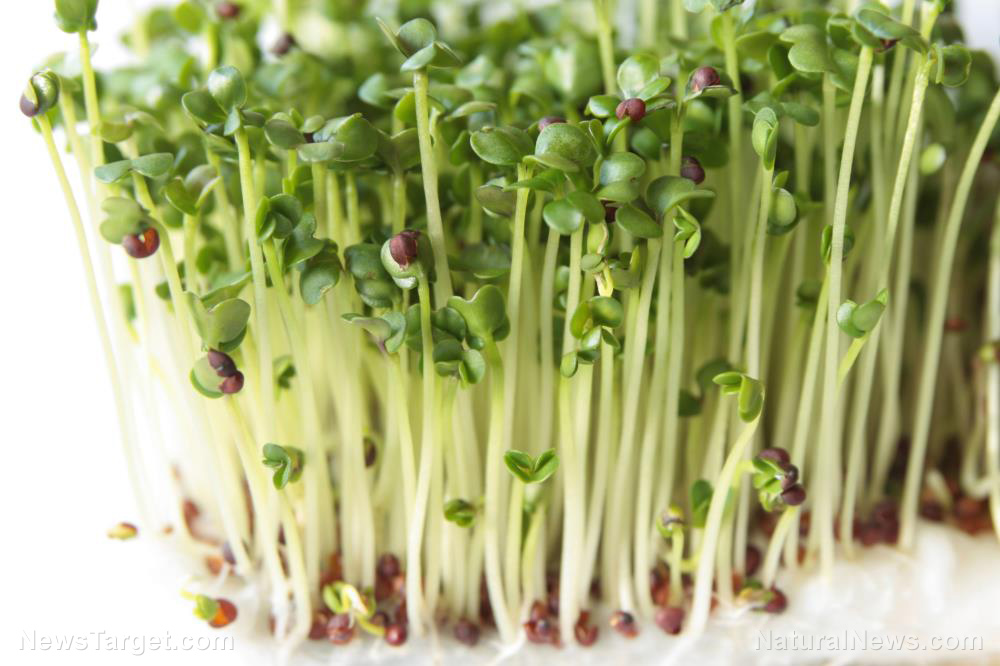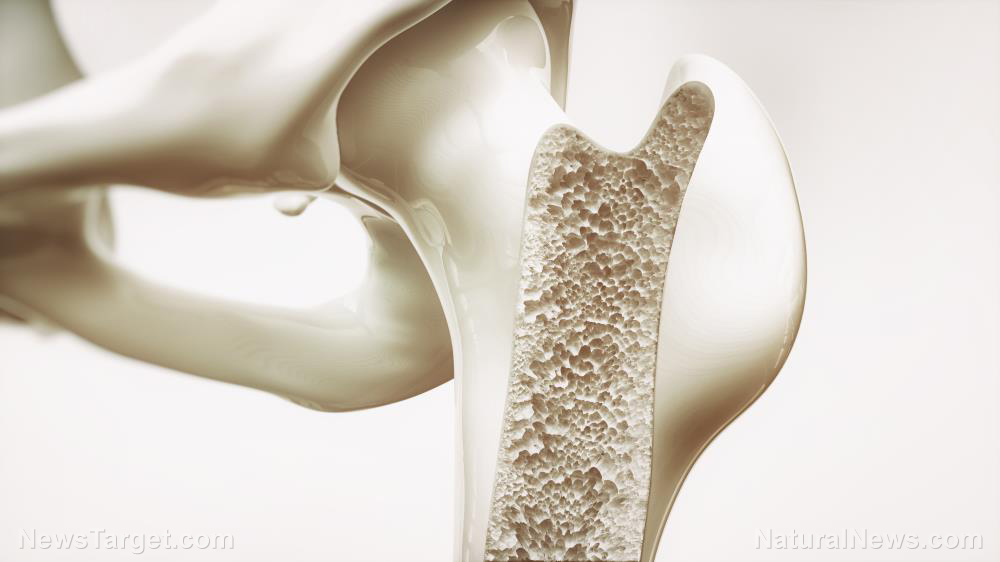
Both microgreens and sprouts are rich in nutrients and powerful compounds. Both foods also confer a number of health benefits. But is one food better than the other? Read on to find out.
Microgreens and sprouts are not the same
Microgreens are edible seedlings that are harvested one or two weeks after germination, ideally when the plant is one to three inches tall and its first true leaves have emerged. When ready to harvest, the plant is snipped off just above the root.
Meanwhile, sprouts are harvested as soon as they sprout, hence their name. They are normally grown for three to five days until harvest, but there are some sprouts that can be left to grow for up to seven days.
Sprouts use nutrients stored inside their endosperms to grow. As such, they only need water. This is why sprouts are typically grown using paper towels, jars or shallow trays. These growing media are typically kept damp and left in a low-light environment until the sprouts appear.
Meanwhile, microgreens need to be grown in soil because they need extra nutrients from the soil to grow.
Because sprouts are normally grown in damp, poorly ventilated environments that favor the growth of mold or bacteria, experts generally advise against eating sprouts raw. To avoid foodborne illnesses, it's best to use sprouts as cooking ingredients.
Microgreens grow in moist conditions and in a well-ventilated environment exposed to sunlight. As such, there are fewer health concerns about eating microgreens raw. They are typically added raw to salads, but they can also be cooked and incorporated into dishes.
Nutrition facts and health benefits
Microgreens make a healthy addition to a balanced diet because they are rich in nutrients. In fact, microgreens have higher levels of vitamins and antioxidants than their mature counterparts, according to a study published in the Journal of Agricultural and Food Chemistry. Some of the nutrients present in microgreens include iron, zinc, magnesium, copper and potassium.
Microgreens are also a great source of beneficial compounds, such as polyphenols. Polyphenols are a class of antioxidants thought to protect against heart disease by lowering cholesterol and reducing inflammation. Polyphenols can also reduce risks of degenerative brain conditions like Alzheimer's disease.
As antioxidants, polyphenols protect healthy cells from damage caused by oxidative stress, which can lead to cancer. (Related: The fruit of this local Pakistani plant significantly reduces oxidative stress in the body.)
Likewise, sprouts have higher amounts of vitamins and minerals than their fully-grown counterparts. This is because the sprouting process increases nutrient levels. A study published in LWT - Food Science and Technology showed that sprouting increases protein content. Sprouts also often have higher levels of essential amino acids – the building blocks of protein – than mature vegetables.
Additionally, the sprouting process reduces the amount of antinutrients – compounds that impact your body's ability to absorb nutrients from plants – in the sprouts. This makes it easier for your body to absorb the nutrients in the sprouts.
Sprouts are also a good source of polyphenols and other phytochemicals, which is why they are linked to many health benefits. These include better blood sugar control and lower cholesterol levels.
Both microgreens and sprouts contain more nutrients than mature vegetables. They also offer various benefits. But compared to sprouts, microgreens have a higher concentration of antioxidants, making them the healthier option between the two. That said, sprouts are still worth adding to your diet if you want something that's easy to grow at home.
Go to Fresh.news to learn more about other nutritious foods you can incorporate into your diet.
Sources include:
Please contact us for more information.






















